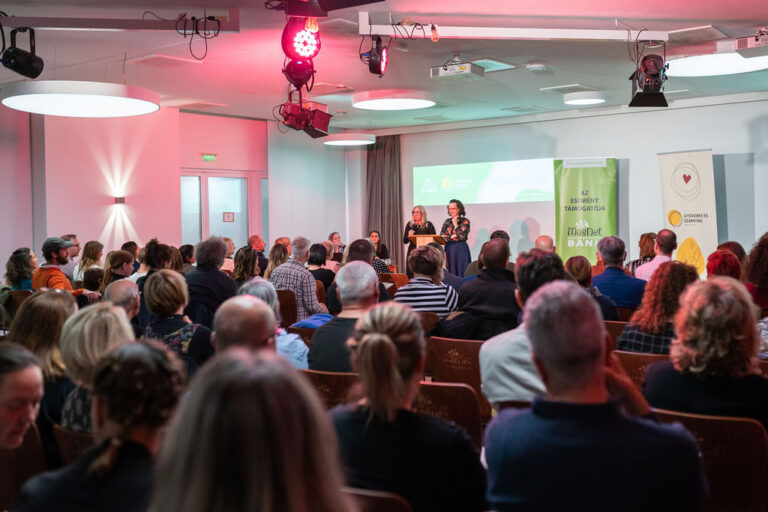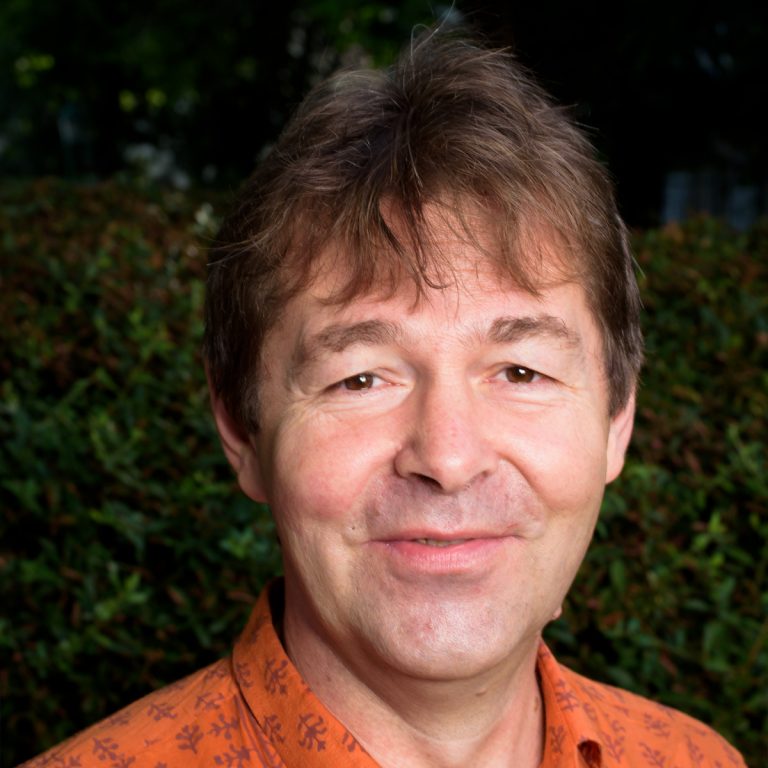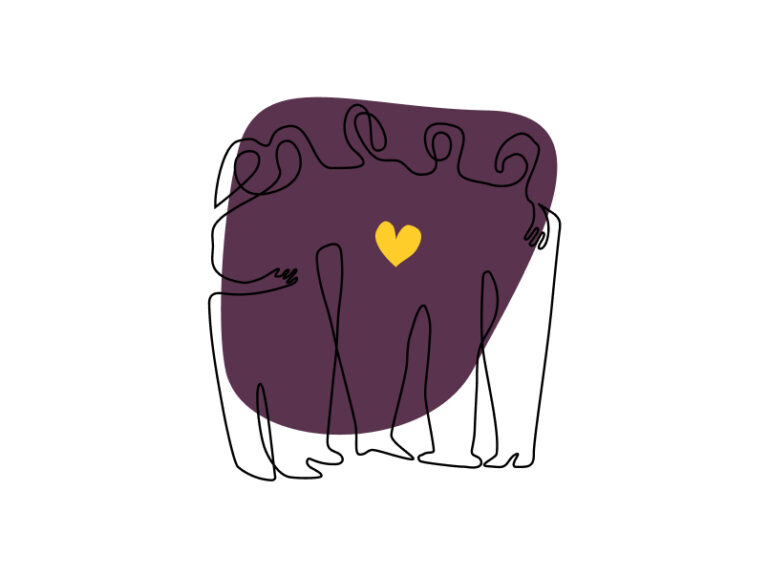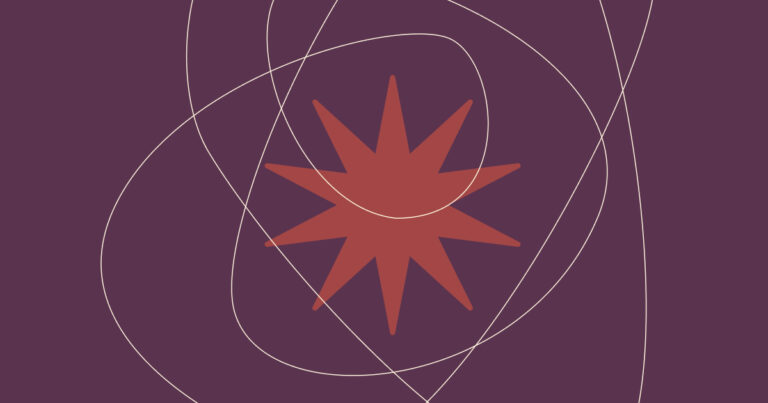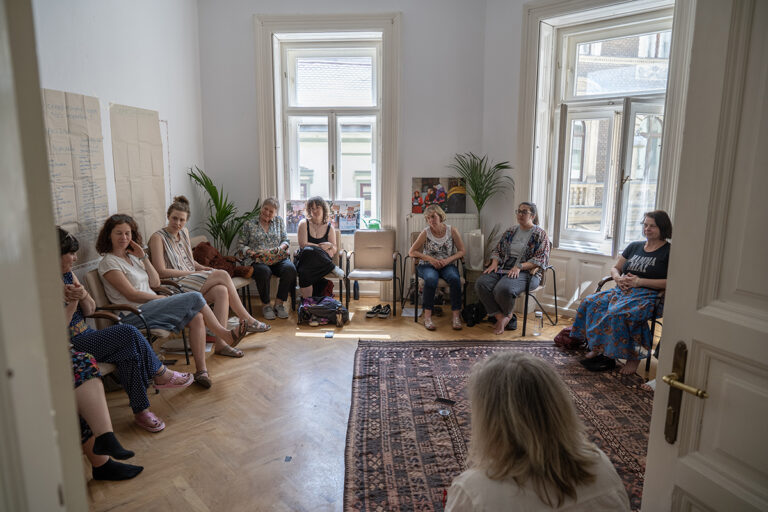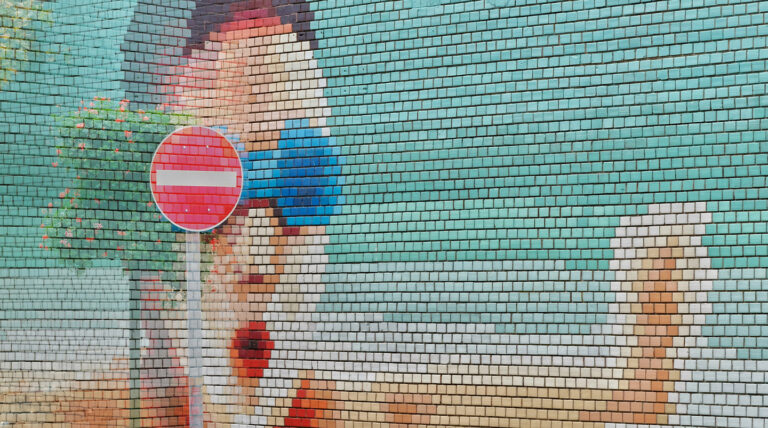“It would be good if we could once again fully engage in community life and address problems where they arise.”
Andrea Baraksó-Kovács, a grantee of our Revitalising Small Towns program, wants to restart public dialogue and collective thinking in Szeghalom step by step. She would shift conversations from the virtual world into real, physical spaces and focus on social groups others ignore. She also shared why she feels the need to step into the light.
Why did you feel called to work with the local community in Szeghalom?
Since childhood, I’ve always enjoyed working on community issues. Not because I think I have all the answers, but because it feels good to contribute something to the community. I’ve always loved helping others discover their strengths—it makes me happy. That’s what motivates me now too: I enjoy working in a community, coming up with good ideas, sharing experiences, and adding something to others’ joy.
Are you doing all this in a personal capacity right now?
We do this through a foundation I run with my colleagues. Of course, I’m the driving force behind it, but I’ve found people who identify with the causes I care about. The foundation mainly works in educational and social fields.
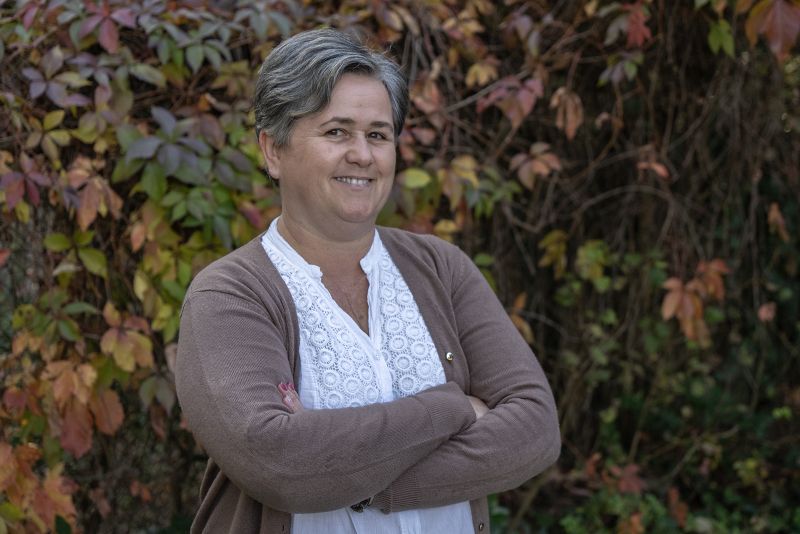
How has Szeghalom changed through the foundation’s work?
Maybe it hasn’t changed yet, but we want it to. We feel that Szeghalom is no longer as community-oriented, family-centered, or friendly as we’d like it to be. We want to change this atmosphere.
How did you start the work?
For example, by working with children and trying to show them and their parents a different kind of socialization, a different form of community life. We see it as a problem that social and civic responsibility has somewhat eroded—people think that if they just wait, problems will solve themselves. But we believe it would be good to once again fully engage in community life and deal with issues where they originate.
What problems do you see?
The community has become very fragmented, and it’s difficult to bring people together. The nature of public discourse has changed—many communicate via Facebook and often attack each other. We want to bring these virtual interactions back into real spaces and perhaps restart a form of public dialogue. I also think it’s a big problem that people see everything as political, even public affairs. It would be good to separate these things and sort them out in people’s minds.
What can be done about this on a daily basis?
We have to start from very far back. People think everything is politics, and that it’s not their concern.
There are a lot of public events, but we believe that huge city celebrations are not suitable for fostering meaningful communication or genuine community thinking. We imagine reorganizing communities through smaller programs. For instance, our children’s programs used to be just storytelling by one of our colleagues, a special education teacher and story therapist. Now we’ve added craft workshops, and while the kids play, the parents start talking. Afterward, we did a small survey about what kind of programs the parents would like. If there are topics they and we both find important, we’ll invite guest speakers. With small steps like this, we can restart public dialogue and collective thinking.
We need to find issues that no one else is addressing, because then we don’t have to struggle with others trying to dictate what we should be doing. For example, working with the elderly fits into this category.
No one focuses on young people or the elderly?
Apart from schools, there’s no real engagement with young people. As for the elderly, they’re not supported as deeply as they should be. Sure, they get basic services, there are residential homes, and they receive 5,000 forints at Christmas—but we don’t consider that real support.
I work in adult education, and during one course, the sensitization session on dementia was so effective that several students said they wanted to get involved. We jumped at the chance—our foundation is now embracing this issue because no one really supports people living with dementia and their families.
In summary, we want to introduce new ways of communication and cooperation through similar, meaningful causes. There used to be something like this in the past, but even the traces of it have disappeared.
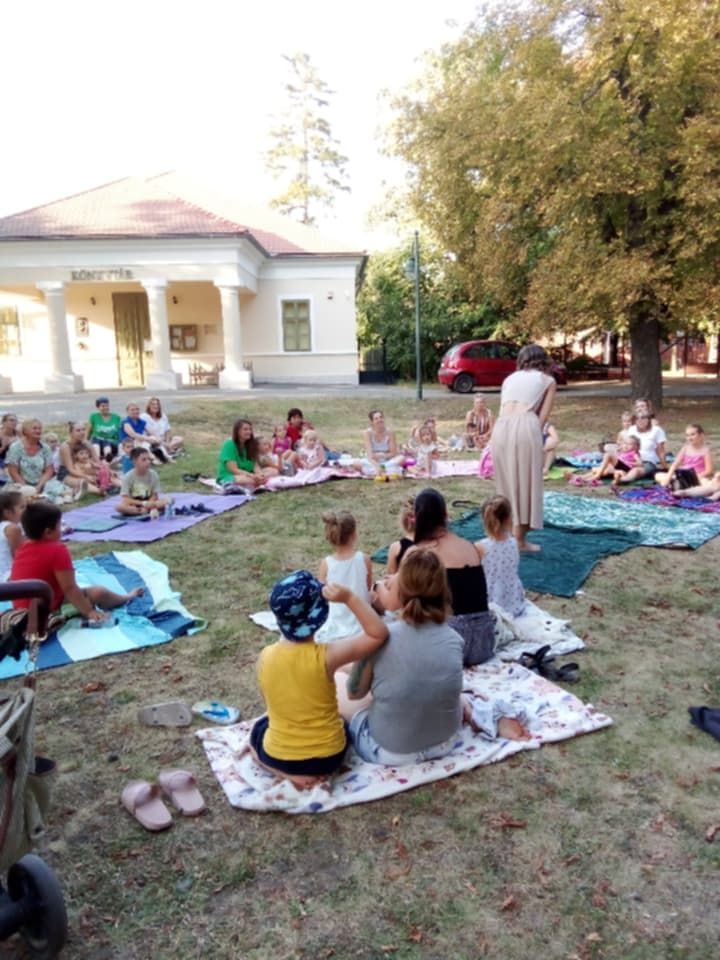
Have you been engaged with local issues this deeply for a long time?
For over ten years, I was part of an association that worked on similar topics. There were ups and downs—times when we were very active and times when we got discouraged. In the end, no one wanted to work anymore. So my husband and I decided to set up a foundation and apply to your program.
How is your initiative received in Szeghalom—by the city, other civil organizations, or the public? Have people just gotten used to Andi always being busy with something?
I’ve always been invisible in these organizations. I worked a lot, but behind the scenes. That became very clear to me last year when I ran for local office and saw from the vote count that people didn’t even know who I was.
So now you’re stepping into the light?
I have to. If I want to do this in the way I believe in, I have no other choice. Of course, the KisVÁROS program was attractive financially, but it also provides professional support that gives me confidence—to step forward and implement our program.
Could it be that the call for applications itself helped bring about this paradigm shift?
Definitely. The local elections and the application period happened at the same time, and I saw it as a sign—let those above decide which path I should take. Whether I would serve these causes as a representative or as a civil actor. I won your grant, and in hindsight, I’m very glad, because I wouldn’t want to work with the current city council. It would be hard to achieve anything alone there, while here I have the freedom to act as I see fit—professionally and otherwise.
How did you hear about the Roots and Wings Foundation’s call for applications?
I saw it on Facebook—it just popped up. I believe in these things, I believe that people have a kind of life mission, and I feel I’ve found mine. Opportunities and causes also find me. For instance, I see it as a huge opportunity to teach social workers through adult education, where I can fully represent these causes.
Whatever we’re talking about, it always comes back to the need for mutual acceptance, communication, and connection—and I always think about how a community should function.
How do you envision the community and your impact in two to three years?
I truly hope we’ll be able to make at least small progress. It won’t be easy, because even with strong faith, it’s hard to get people involved these days. We want to do a lot of external communication—not just organizing programs, but also hosting conversations, publishing life-story interviews with elderly people, and sharing stories that can be passed on.
I believe it’s no longer enough to just post on social media—it needs to be personal and present. That’s a challenge for me too. I’ve never liked standing in the spotlight, even though I’m capable of it. I always put others before me. But that clearly wasn’t working—these ideas usually come from me, these are my causes.
Who funds the foundation’s operations?
Right now, just the small amount of starting capital my husband and I put in, and the support from the Revitalising Small Towns program. But we already know that by the end of the three-year grant period, the foundation must become sustainable.
We talk a lot about fundraising because we see how hard it is to access funding from programs meant to support civil organizations. I already see how difficult it is to raise donations in a way that feels comfortable. We need to learn this. But the first step is definitely to step forward and show your face and your story.
Then donors realize they’re not just giving charitably—they’re shaping local social processes with their money.
It’s incredibly inspiring when we work together and our energies combine—and we reach a point where we’re no longer driving everything. The community starts to move on its own, identifies its problems, and finds shared solutions.
(Iván Bardócz)
